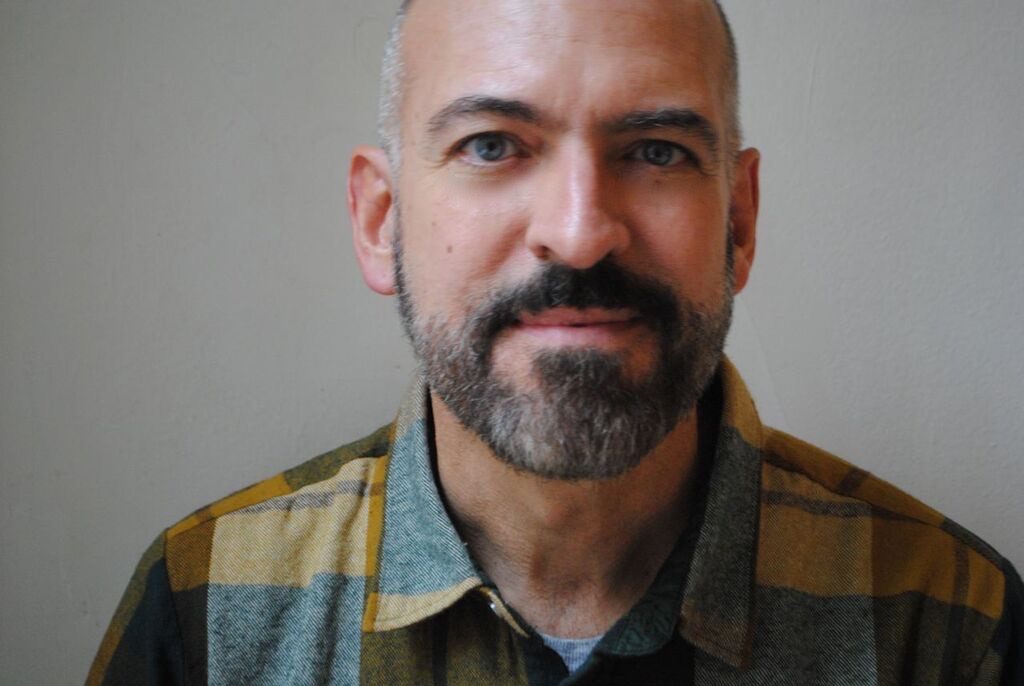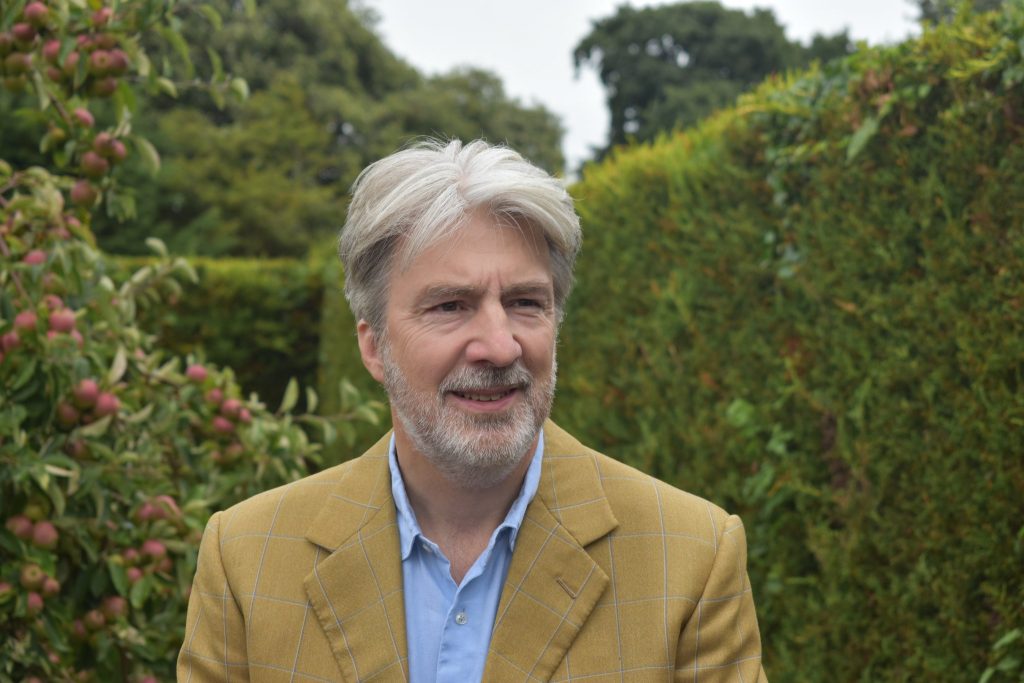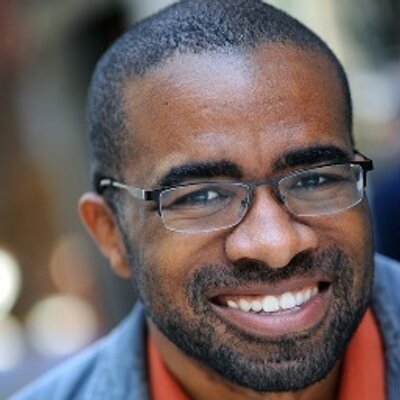
Rani Shah is the mastermind behind the beautiful, fun, and quirky book Wisdom from a Humble Jellyfish: And Other Self-Care Rituals from Nature (Dey St., 2020).
Lots of fun speaking to Rani about how her parents nurtured her creative side, but were worried about she’d make a career out of creative work.
We talk about day jobs, imposter syndrome, growth/fixed mindsets, power heels, and dude hats.
She’s the founder of Fuss Class, a south Asian satire site. Very Onion-esque. Rani hangs out on Instagram @raanstermonster. She came to play ball.
I think you’ll have fun with this one and I’d love to hear from you if you did. Email the show and ping us on Twitter, Instagram, or Facebook.
We need more submissions to our first ever audio magazine. The theme is Social Distancing: Essays from Isolation. 2,000 words/15-minute read. Deadline is MAY 1. Email your essay with SUBMISSION in the subject line to creativenonfictionpodcast at gmail dot com. I can’t wait to hear what you come up with.
Questions or concerns, don’t hesitate to reach out. This a community. We’re in this mess together. Share this episode with your people and encourage them to share it to. If you don’t feel the need to share it, then I’ve failed at making something remarkable. And I’ll keep working harder and harder so that it continues to earn your endorsement and, more importantly, your valuable time.







